Premium Only Content

When Language Rewrites Reality: The Debate Over Words and Identity
In an age where inclusivity drives cultural dialogue, language has become both a bridge and a battleground. The shift from precise terminology to generalized expressions, as exemplified in the debate over terms like “front hole,” reveals a profound tension: the balance between scientific clarity and social inclusivity. At its core lies a question that transcends anatomy—what happens when words are asked to carry the weight of identity, politics, and progress?
Language is a tool, but it is also a lens. Medical terms like “cervix” are not just descriptors; they are anchors of clarity in fields like science and healthcare, where precision can mean the difference between understanding and confusion. Yet, as society evolves, language is increasingly tasked with accommodating diverse experiences and perspectives. The challenge is that in broadening definitions to include more voices, we risk losing the specificity that anchors those definitions in shared reality.
This is not a question of who is right, but of what is gained—and lost. Inclusivity in language can empower marginalized groups, but when precision gives way to ambiguity, practical concerns arise. How does this affect education, healthcare communication, or even the cultural understanding of basic biology? At what point does linguistic flexibility undermine its function as a tool for shared comprehension?
The heart of the debate lies in a deeper cultural shift: the reimagining of identity as fluid, subjective, and self-defined. This challenges long-held assumptions about the human experience and invites us to reexamine our collective frameworks. But change is never easy, and the push-pull between inclusion and clarity forces us to confront uncomfortable truths about how we see ourselves—and each other.
Ultimately, this conversation is not just about anatomy or language. It’s about how we, as a society, navigate the intersection of science, identity, and progress. Can we honor the individuality of lived experience without sacrificing the clarity of shared understanding? It’s a question that speaks to the very essence of human connection: the search for a common language in an increasingly complex world.
-
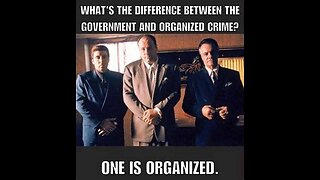 43:03
43:03
FragmentsOfTruth
8 days agoYou Are a Guy with a Gun: The Day the Government Was Exposed as Organized Crime
5141 -
 8:32
8:32
MattMorseTV
16 hours ago $20.59 earnedSchumer just TORCHED $90,000,000,000.
20.7K55 -
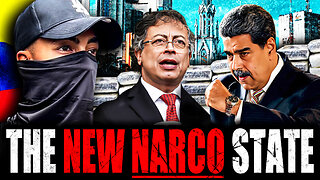 51:25
51:25
The Connect: With Johnny Mitchell
1 day ago $60.25 earnedInside The REAL Narco State: The Colombian Drug Cartels DOMINATING The Global Cocaine Trade
107K36 -
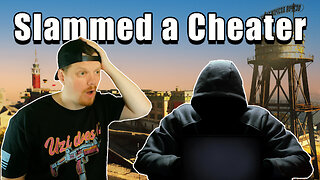 12:09
12:09
GritsGG
16 hours agoTook Down a Cheater on Rebirth To Achieve Victory!
14.4K -
 14:12
14:12
BlabberingCollector
19 hours agoHBO Show Update, Audible Full Cast Ensemble Updates, Wizarding World Quick Hits!
27.3K1 -
 LIVE
LIVE
Lofi Girl
2 years agoSynthwave Radio 🌌 - beats to chill/game to
302 watching -
 31:30
31:30
The Why Files
7 days agoCodex Gigas | The Devil's Bible and the Nazi Hole to Hell
185K82 -
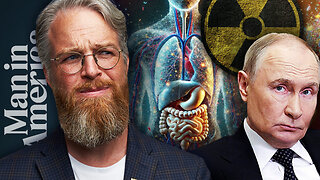 1:05:26
1:05:26
Man in America
20 hours ago“Poseidon” Doomsday Sub, Microplastics & The War on Testosterone w/ Kim Bright
106K9 -
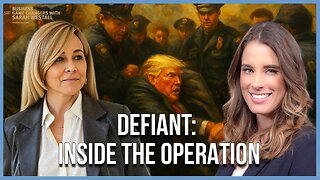 1:05:57
1:05:57
Sarah Westall
12 hours agoThe Story the DOJ, the FBI and the Media doesn’t want you to Know w/ Christina Bobb
63.3K11 -
 2:16:01
2:16:01
IsaiahLCarter
1 day ago $19.94 earnedGraham Linehan: A Mess of Courage and Conviction || APOSTATE RADIO 034
44K1